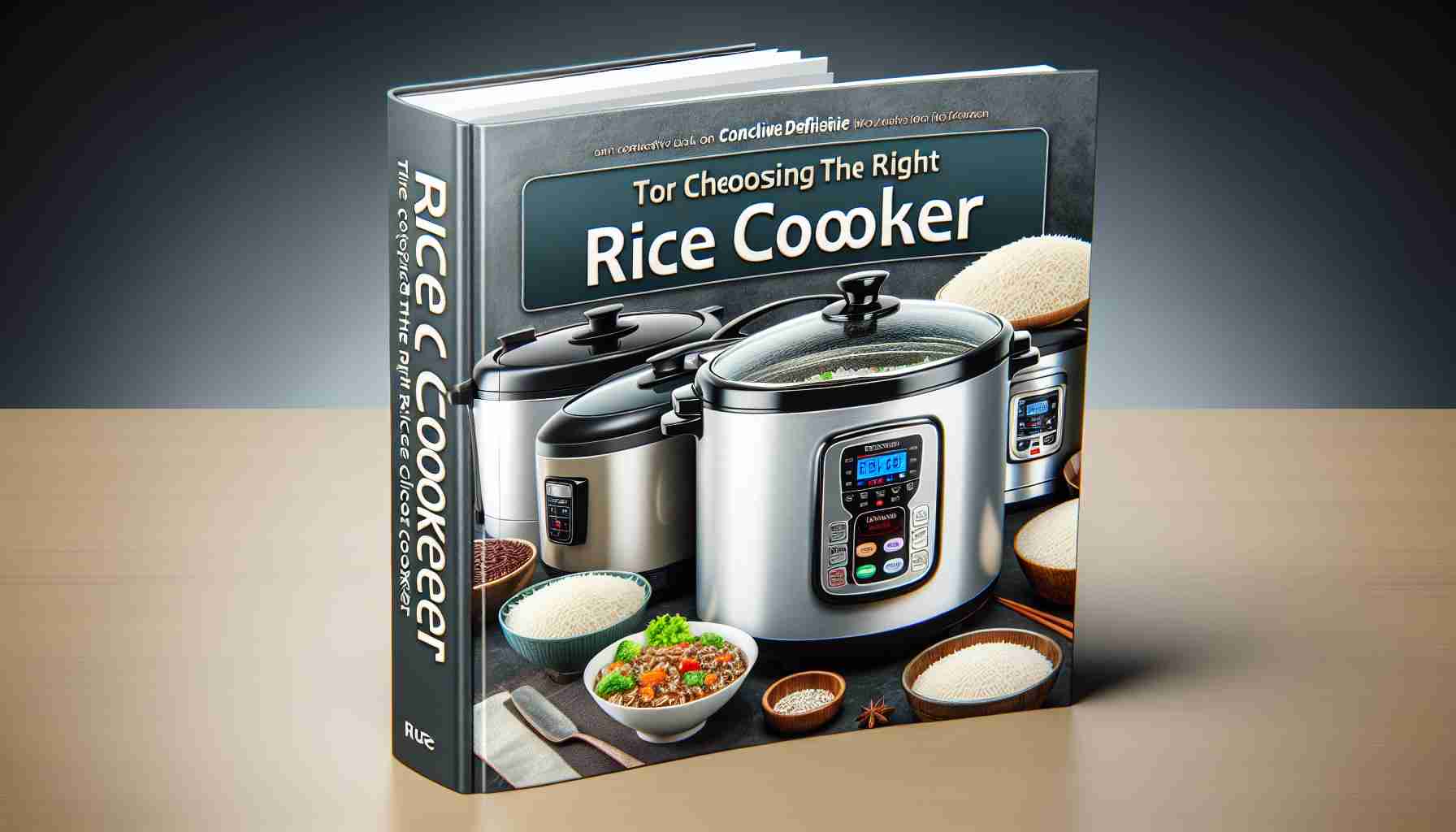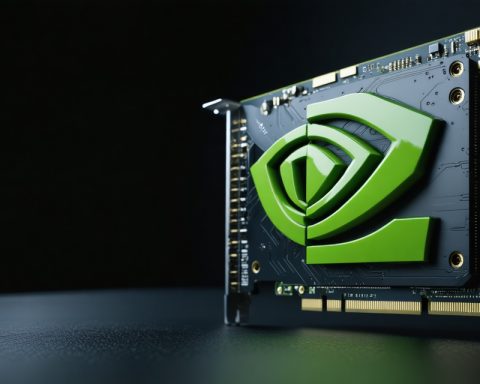When selecting a rice cooker, it’s important to consider the variety of options available in the market today. These machines generally fall into three primary categories: compact entry-level models, versatile multicookers, and premium rice cookers.
The mini rice cookers, such as the Imusa 3-cup and the Dash 2-cup, are designed for small servings. While these devices managed to produce basic white rice, their performance with brown or mixed rice left much to be desired. For example, one model took an excessive 35 minutes to cook only one cup of rice, showcasing its inefficiency.
On the other hand, larger models like the Oster and Zojirushi rice cookers performed admirably. These 6-cup machines produced fluffy white rice in about 20 minutes and offered satisfactory results with brown rice. The Oster, in particular, stands out as a budget-friendly choice without compromising on quality.
Multicookers provide added versatility but can struggle with rice consistency. Various models, like the Aroma and Panasonic, boasted numerous features but often resulted in overly soft rice due to prolonged cooking times.
However, high-end rice cookers such as those from Tiger and Zojirushi are noteworthy. These machines not only deliver excellent texture and taste but also offer customization for rice preparation, accommodating different preferences among users. While Zojirushi may carry a higher price tag, Tiger provides similar performance at a lower cost, making it a strong contender in 2024’s market.
A Comprehensive Guide to Choosing the Right Rice Cooker
Choosing the right rice cooker involves more than just selecting a model; it means finding a device that best fits your cooking needs, lifestyle, and budget. With numerous options available, understanding the nuances between models can significantly affect your cooking experience.
Key Questions to Consider
1. What type of rice do you typically cook?
– Different rice cookers excel with various types of rice. For instance, if you frequently prepare jasmine or basmati rice, a model with settings tailored for these grains will yield better results. Conversely, if brown rice is your staple, opt for a cooker with specific functions for that variety.
2. How many servings do you usually prepare?
– It’s crucial to consider your household size when selecting a rice cooker. Models range from 1-cup capacity up to 20-cup professional models. Choose one that accommodates your typical cooking volume to avoid overflows or cooking mishaps.
3. Do you need additional cooking functionalities?
– If you’re looking for versatility, you might consider a multicooker. However, be aware that these machines may not perform as well with rice as dedicated rice cookers. If perfect rice is your priority, a specialized cooker is likely the better option.
Key Challenges and Controversies
One notable controversy in the rice cooker market revolves around the quality versus price dilemma. Many consumers question whether premium models like those from Zojirushi or Tiger are worth their higher price tags when more affordable options provide satisfactory results. Additionally, some users have reported inconsistency in cooking times, especially with different rice varieties, sparking debate over whether features like fuzzy logic are genuinely effective.
Moreover, the environmental impact of rice cookers cannot be overlooked. As energy consumption varies from model to model, selecting an energy-efficient cooker can lessen your carbon footprint while saving on utility bills.
Advantages of Rice Cookers
– Convenience: Rice cookers simplify the cooking process, allowing you to set the device and attend to other tasks.
– Consistency: High-quality rice cookers often deliver superior cooking results with fluffy rice that’s cooked uniformly.
– Versatility with Options: Many modern rice cookers include features like steaming, slow cooking, and sautéing, broadening their usefulness in the kitchen.
Disadvantages of Rice Cookers
– Space Requirement: Some models can take up significant counter space, which may not be viable for smaller kitchens.
– Single-purpose Devices: While some multicookers can replace several appliances, dedicated rice cookers might feel redundant if you don’t consume rice frequently.
– Price Variability: The initial investment in a high-quality rice cooker can be substantial. While it may pay off over time, budget-conscious consumers must carefully evaluate their needs.
If you wish to explore more about rice cookers and find the one that suits you best, visit Rice Cookers for detailed insights on various models, brands, and user reviews.
As you consider your options, remember that the right rice cooker should align with your culinary preferences and lifestyle, ensuring every meal is a success.









